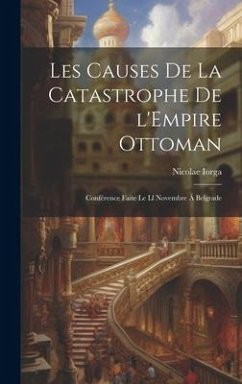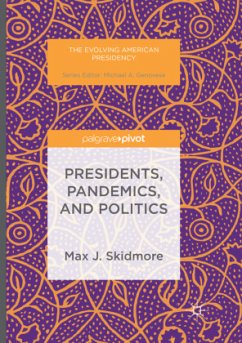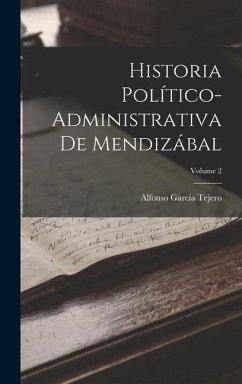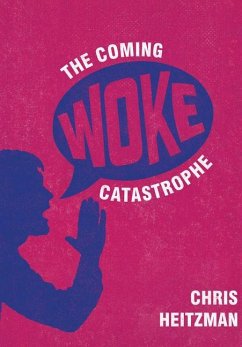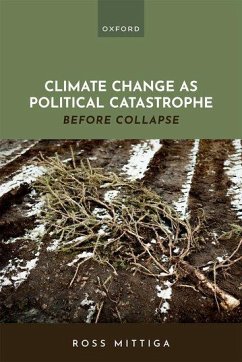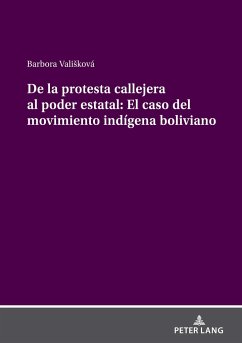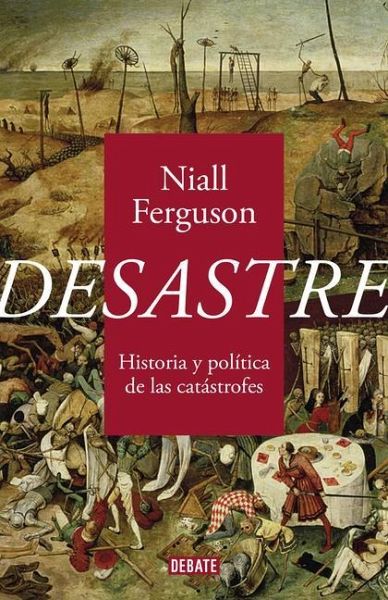
Desastre: Historia Y Política de Las Catástrofes / The Politics of Catastrophe
Versandkostenfrei!
Versandfertig in über 4 Wochen
21,99 €
inkl. MwSt.

PAYBACK Punkte
11 °P sammeln!
Una historia de las catástrofes deslumbrante, original y repleta de ideas para el futuro que pone en perspectiva el ya conocido como annus horribilis. Los desastres son difíciles de prever, pero en la actualidad deberíamos estar mejor preparados contra las catástrofes que los romanos cuando el Vesubio entró en erupción o que los italianos cuando golpeó la Peste Negra en la Edad Media. Al fin y al cabo, nosotros contamos con la ciencia. Sin embargo, tal y como ha quedado demostrado con la crisis del coronavirus, la respuesta de la mayoría de países desarrollados ante un nuevo patógeno...
Una historia de las catástrofes deslumbrante, original y repleta de ideas para el futuro que pone en perspectiva el ya conocido como annus horribilis. Los desastres son difíciles de prever, pero en la actualidad deberíamos estar mejor preparados contra las catástrofes que los romanos cuando el Vesubio entró en erupción o que los italianos cuando golpeó la Peste Negra en la Edad Media. Al fin y al cabo, nosotros contamos con la ciencia. Sin embargo, tal y como ha quedado demostrado con la crisis del coronavirus, la respuesta de la mayoría de países desarrollados ante un nuevo patógeno ha sido más bien torpe. ¿Cómo es posible? Niall Ferguson sostiene, entre muchas otras cosas, que estaban en juego patologías previas arraigadas ya visibles en nuestras respuestas a otros desastres del pasado. Desde diversas disciplinas, incluidas la economía y la ciencia de redes, Desastre ofrece no solo una historia, sino también una teoría general de los desastres, y expone cómo nuestros complejos y atrofiados sistemas de gobernanza son incapaces de afrontar las crisis. Como muestra Ferguson, los gobiernos deben aprender a ser menos burocráticos y más resilientes si quieren evitar un declive irreversible. La crítica ha dicho... 'No se trata de un virus, sino de una colisión de política, pánico, medios digitales, comportamiento humano e incompetencia. Desastre analiza cada uno de estos aspectos, poniéndolos en perspectiva histórica en una obra de deslumbrante alcance y rigor.' The Spectator 'Ferguson se vale de su prodigioso intelecto para situar la pandemia en un lienzo histórico más amplio.' Financial Times 'Perspicaz, exhaustivo, provocador y francamente brillante.' The New York Times 'Una historia magnífica sobre el olvidado arte de gestionar una crisis.' The Telegraph 'Ferguson es el historiador más brillante de su generación. Su escritura es extraordinaria.' Time 'Niall Ferguson sitúa la pandemia en la más amplia de las perspectivas históricas y nos recuerda que esta no es la primera vez que los seres humanos han tenido que lidiar con una catástrofe. Basándose en un profundo conocimiento de la historia global, cataloga las amenazas a las que se ha enfrentado la humanidad y las formas ingeniosas en que las sociedades humanas las han afrontado.' Francis Fukuyama 'Los seres humanos tenemos tantas maneras posibles de sufrir un terrible desastre que uno pensaría que deberíamos haber desarrollado una mejor capacidad de respuesta. En su extenso, sintético y atractivo libro, este historiador maestro explica por qué no ha sido así y ofrece un camino a seguir para encontrar soluciones más seguras y sensatas la próxima vez que nos enfrentemos una catástrofe.' Nicholas A. Christakis



